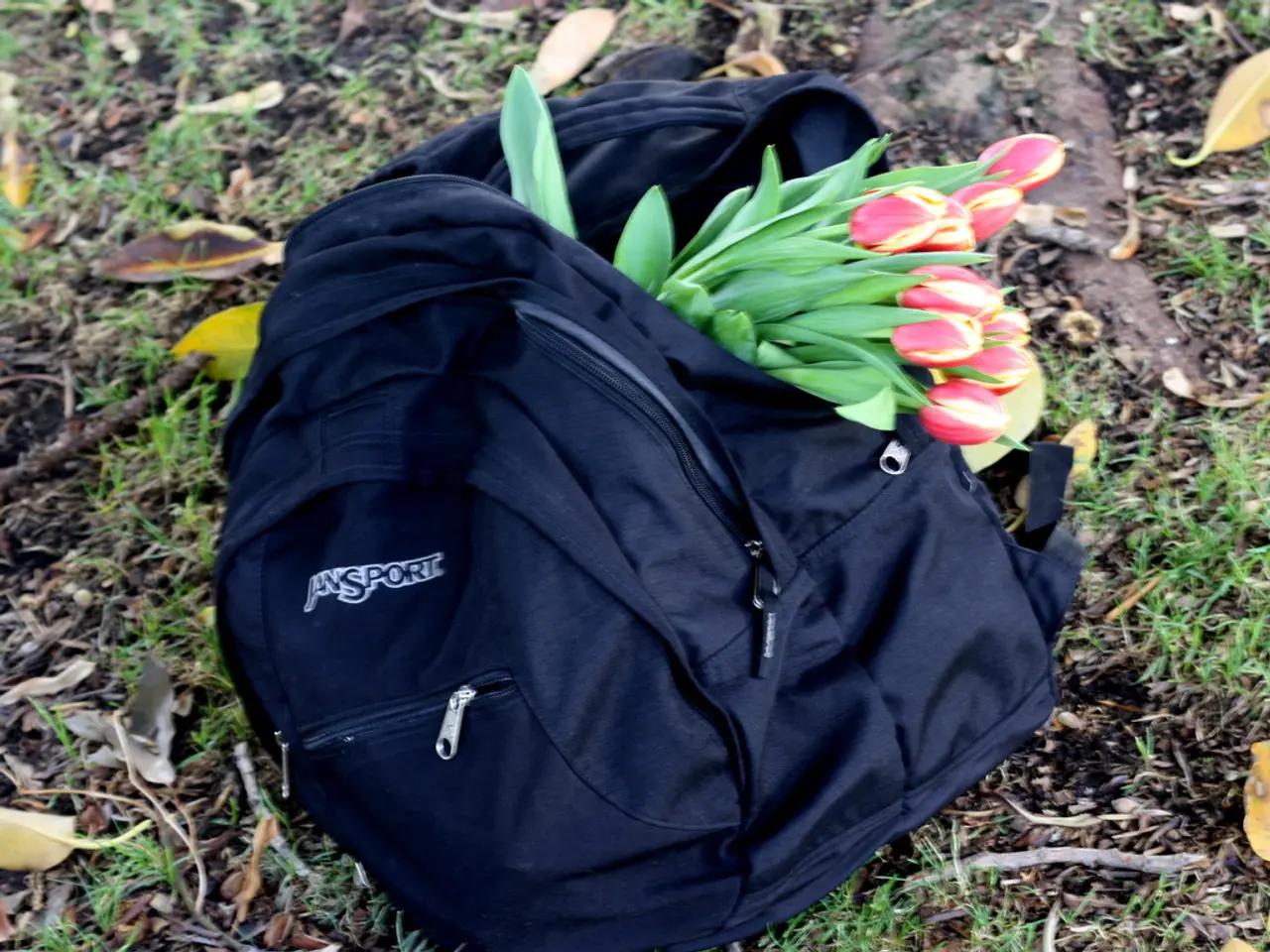Familial Assistance in Overcoming Alcohol Dependence: Strategies and Support
In the face of a loved one's struggle with alcohol dependence, it's essential to approach the situation with care, empathy, and a strategic approach. Effective strategies for dealing with this challenge encompass self-care, compassionate communication, and seeking professional help, all of which are crucial for supporting both the affected person and yourself.
1. Communicating with the Loved One
Initiating conversations about alcohol dependence can be challenging, but choosing the right time and place is key. Discussions should take place when your loved one is sober, in a private, comfortable, and distraction-free environment, avoiding moments of high stress or conflict.
When communicating, it's essential to use compassionate, "I" statements. Focus on expressing your feelings and concerns without blaming, such as saying "I’m worried about your health" instead of "You’re an alcoholic." This approach reduces defensiveness and opens the door for honest dialogue.
Concentrate on concrete examples of how their drinking affects their life and relationships, avoiding labels or general accusations that can provoke resistance. Active listening is also crucial, allowing your loved one to share their perspective, validating their feelings while maintaining your boundaries, and asking open-ended questions to foster understanding.
Setting clear boundaries is also important. Define what behaviors you will not tolerate (e.g., no alcohol in the home, no financial support enabling drinking) and communicate these boundaries with love and consistency. Boundaries protect both their recovery journey and your well-being without punitive intent.
2. Self-Care for Yourself
It's essential to remember that you cannot control the loved one’s recovery; focus on maintaining your emotional health. Maintain your own support network and engage in self-care practices such as exercise, meditation, or hobbies that bring you joy.
Consider attending support groups for families of individuals with addiction (e.g., Al-Anon) to gain community and coping tools. Exchanging with people in a similar situation can be beneficial for relatives, providing a safe space to share experiences and learn from others.
3. Seeking Professional Help
Early recognition of alcohol addiction symptoms allows for timely intervention and more effective treatment. Professional interventionists can guide families through structured interventions, help manage the process, and support outcomes whether or not the loved one immediately accepts help.
Encourage your loved one to engage with therapy or treatment programs, including individual or family therapy, relapse prevention classes, and support groups such as 12-step programs. If relapse occurs, increasing therapy frequency and self-help meetings can be valuable for recovery and preventing future slips.
The German Main Office for Addiction Issues (DHS) offers an online search to find addiction counseling centres nearby, while the "Addiction & Drugs Hotline" of the Frankfurt/Main and Munich drug emergency services (01806 313031, daily from 8 am to 12 pm, 20 cents per call) is available for relatives seeking immediate assistance.
In summary, use compassionate, clear communication timed appropriately, set and enforce healthy boundaries, take care of your own emotional and physical well-being, and seek the guidance of professionals to navigate treatment and interventions. These combined approaches create a supportive environment conducive to recovery while safeguarding your own health and peace of mind.
- As the loved one may struggle to discuss their alcohol dependence, selecting an appropriate time and place is crucial. Talk to them when they're sober, in a private, distress-free environment, away from high-stress situations or conflicts.
- Prioritize your own emotional health during this challenging time. Maintain a strong support network and practice self-care activities like exercise, meditation, or hobbies you enjoy. Seek support from family of addiction support groups, such as Al-Anon, to share experiences and learn from others.
- Early acknowledgment of alcohol addiction symptoms equips you with the opportunity to seek professional help. Engage the services of trained interventionists who can guide you through structured interventions and support positive outcomes, regardless of the loved one's decision to accept help initially.




